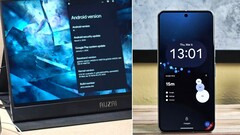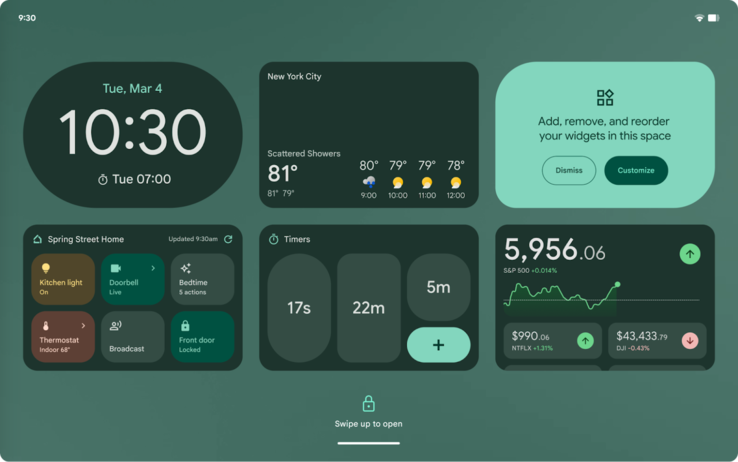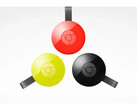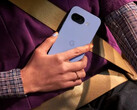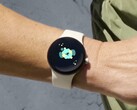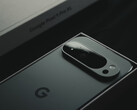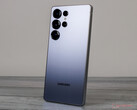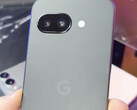The first Android 16 developer preview builds and beta versions have already been released, but many of the new features that are also relevant for end customers are only likely to be introduced around the annual Google I/O 2025 conference from May 20, 2025. Android expert Mishaal Rahman has nevertheless managed to manually activate two of the planned new features in advance on the current Android 16 Beta 2.1 of Android 16.
Widgets on the lock screen
Pixel tablet users may already be familiar with the first exciting new feature: lock screen widgets. The feature has been available on Google tablets since Android 15 but not on smartphones with the current Google operating system. In a recent blog post, Google revealed that this useful feature will soon be available on Pixel phones from Android 16 QPR1, i.e., the first quarterly update after the Android 16 release, also known internally as 25Q3.
Lockscreen widgets also available in AOSP
Even better is that Google intends to make the new feature available in the Android Open Source Project (AOSP) in the summer, so it will also be available to other Android OEMs, provided they decide to integrate it into their Android interfaces. Mishaal shows us what the whole thing looks like on a smartphone in the video below, although some elements may still change in terms of appearance and functionality before the final version is released.
Android to become a desktop operating system
Similarly to Apple, Google plans to position Android more strongly as a replacement for classic desktop operating systems such as Windows, macOS or Linux in the future. Signs of this can already be found in Android 15, which allows display content to be mirrored on an external display. The Pixel 10 Pro may become even more useful as a temporary desktop replacement thanks to continued development of the multi-display feature in Android 16. Here, too, Rahman was able to experiment a little with the manually activated feature in advance.
The video below shows that users will not only be able to mirror their Pixel screen on a second display in the future, but also extend it. The "External Display" page in the Android settings has been expanded accordingly. This not only allows users to change the position of the second display relative to the smartphone, but also use input devices such as a mouse or touchscreen to seamlessly switch the cursor position between the displays. Google is also planning separate settings for refresh rates and text/icon sizes. It remains unclear when exactly this feature will be available; as with the widgets, it might be added via a Android 16 feature drop.


